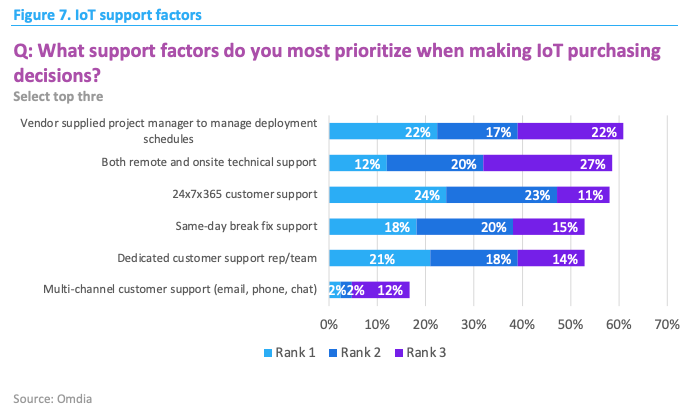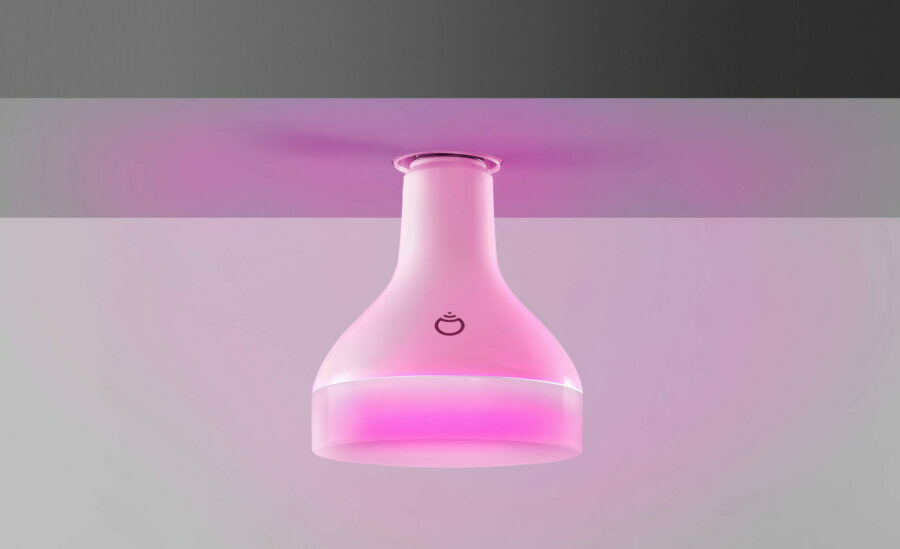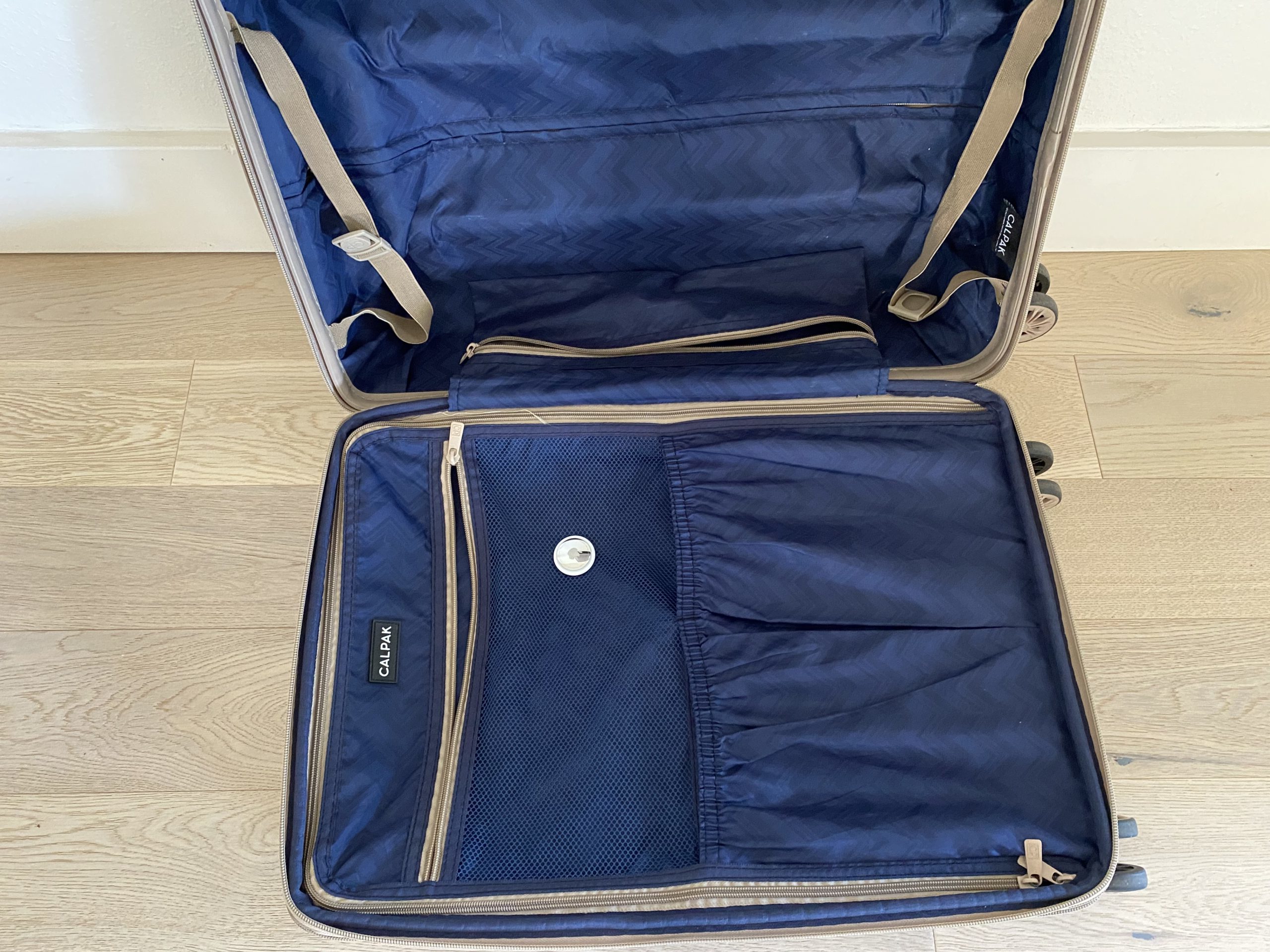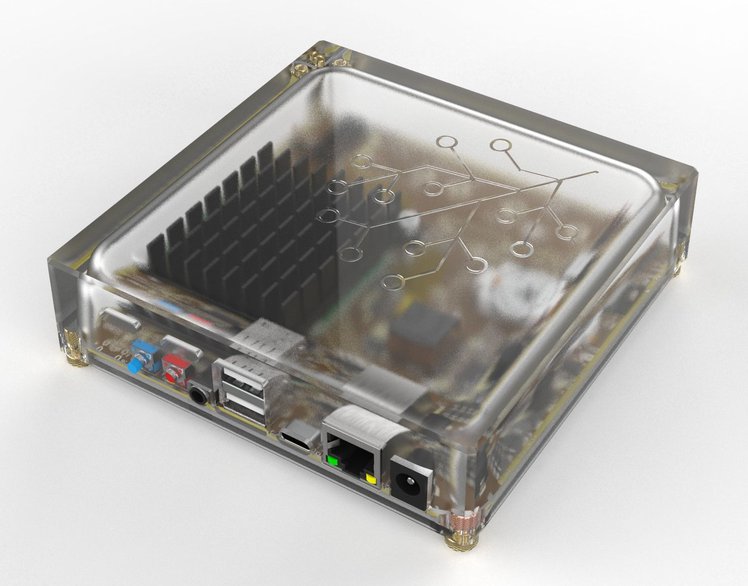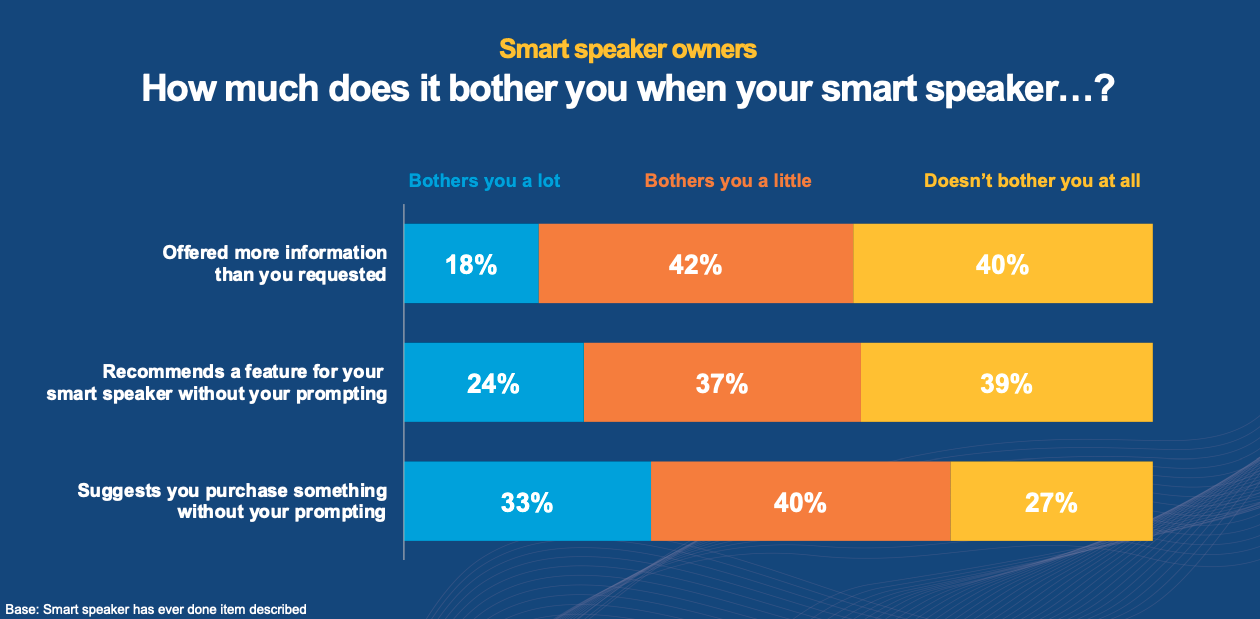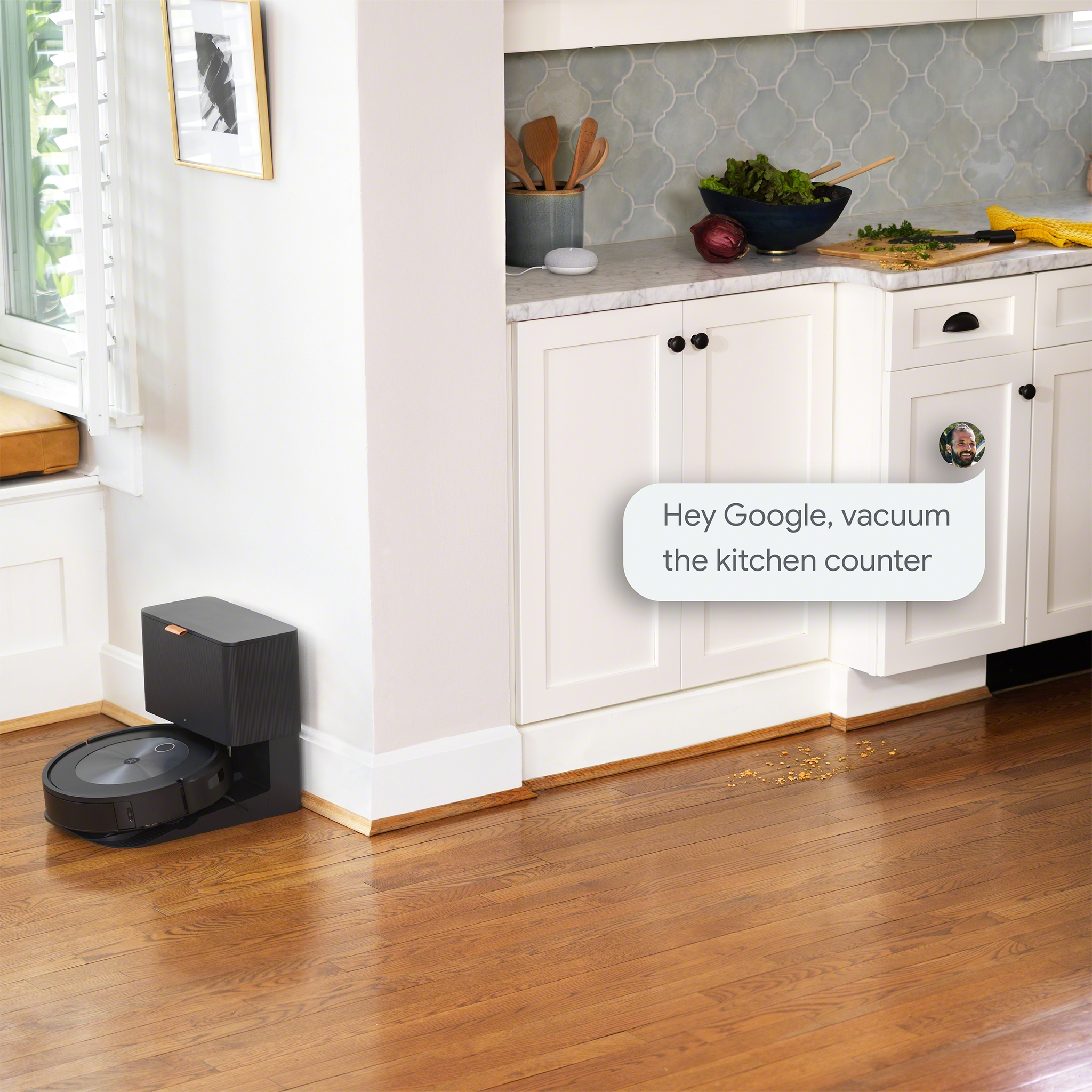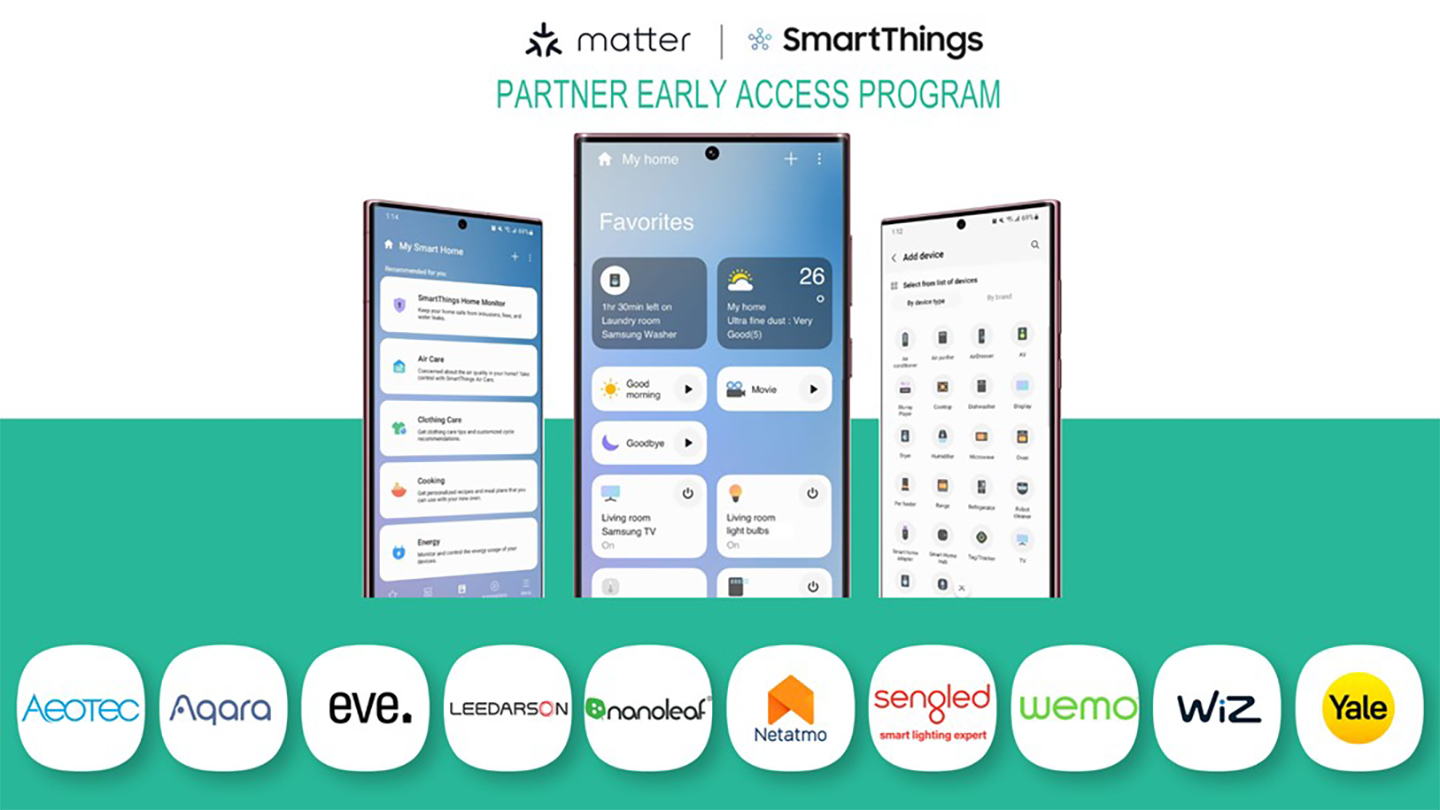Matter is now official after almost three years of waiting, and Kevin and I are super excited. Well, I am. Kevin is more measured, but we talk about what to expect and when to expect Matter to start changing your smart home. In related news, we discuss Google’s new doorbell, mesh router, and plans for the Home app. Google is also adding more sensing capabilities to the smart home through its existing hubs. In November, IKEA plans to launch its latest smart home hub, the Dirigera, which will cost about $60. This will replace the Trådfri hub, but will also let users bridge their older IKEA devices to the Matter protocol. Kevin gets to tell me that he told me so, as Amazon kills the Glow video-calling device for kids, and we lay out the five principles that are part of a new U.S. blueprint for legislation related to AI. We end by answering a question from a listener about using their SmartRent Hub as a secondary Z-wave controller.
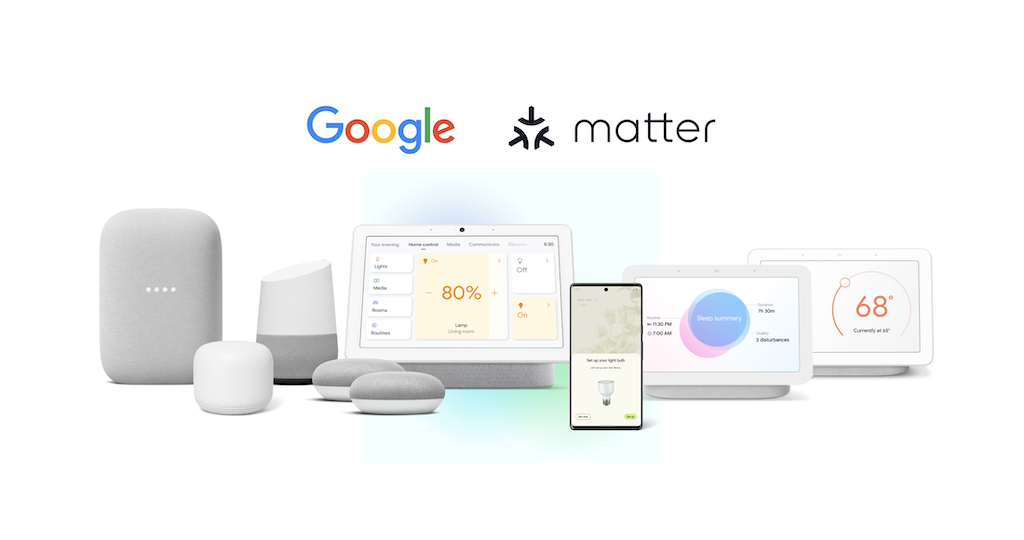
Our guests this week are both from John Deere. We have Tracy Schrauben, manager, manufacturing emerging technologies at John Deere, who represents the operational technology side of the manufacturing plant. Also joining is Jason Wallin, principal architect at John Deere, who is handling IT. Both are on the show for an exclusive look at how the agricultural company is deploying the CBRS spectrum it purchased in 2020. In its Moline, Ill. plant, John Deere has deployed 14 microcells that today provide LTE connectivity to various pieces of equipment. But the plan is to get to an all-5G network as end devices become available. Our guests explain why they are unwiring the factory, some of the use cases, and what it’s like to build and manage your own private wireless network. This is a must-listen for folks who care about factory 5G.
Hosts: Stacey Higginbotham and Kevin Tofel
Guests: Tracy Schrauben and Jason Wallin of John Deere
Sponsors: Nordic Semiconductor and Firewalla
- Matter is live, and now we get to test it in our homes!
- Google’s new Home app is a much needed improvement
- The U.S. now has a good framework for AI legislation
- Why John Deere invested in its own spectrum for factory 5G
- How John Deere plans to unwire its factories
Podcast: Play in new window | Download | Embed
Subscribe: RSS

